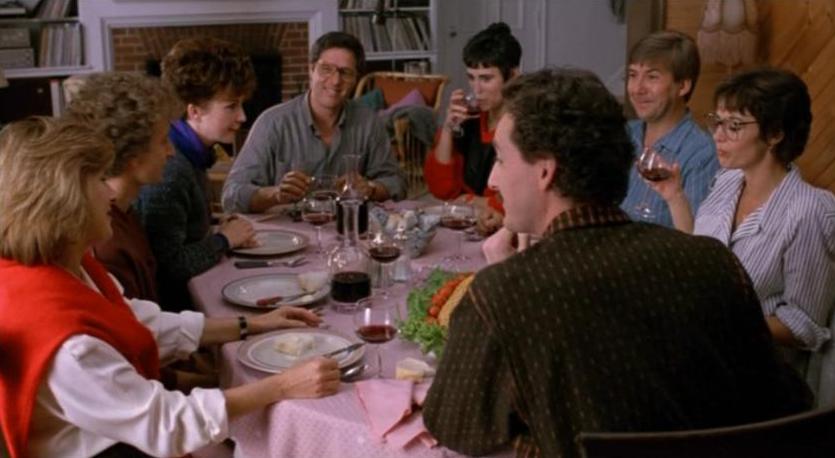

  | |
| Photo © 1986 Corporation M&M/Cineplex Odeon Films | |
| VOR: | (2) (What is this?) |
| Academy Award Nominations: | |
| Best Foreign Language Film | |
| Other Awards: | |
| Cannes Film Festival: FIPRESCI Prize (Un Certain Regard) | |
| New York Film Critics Circle: Best Foreign Language Film | |
| Genie Awards (Canadian Oscars): Best Picture; Best Director; Best Supporting Actress (Portal); Best Supporting Actor (Arcand); Best Original Screenplay; Best Film Editing (Monique Fortier); Best Sound; Best Sound Editing; Golden Reel Award | |
| Permalink | Home | 1986 | ABC | Blog |